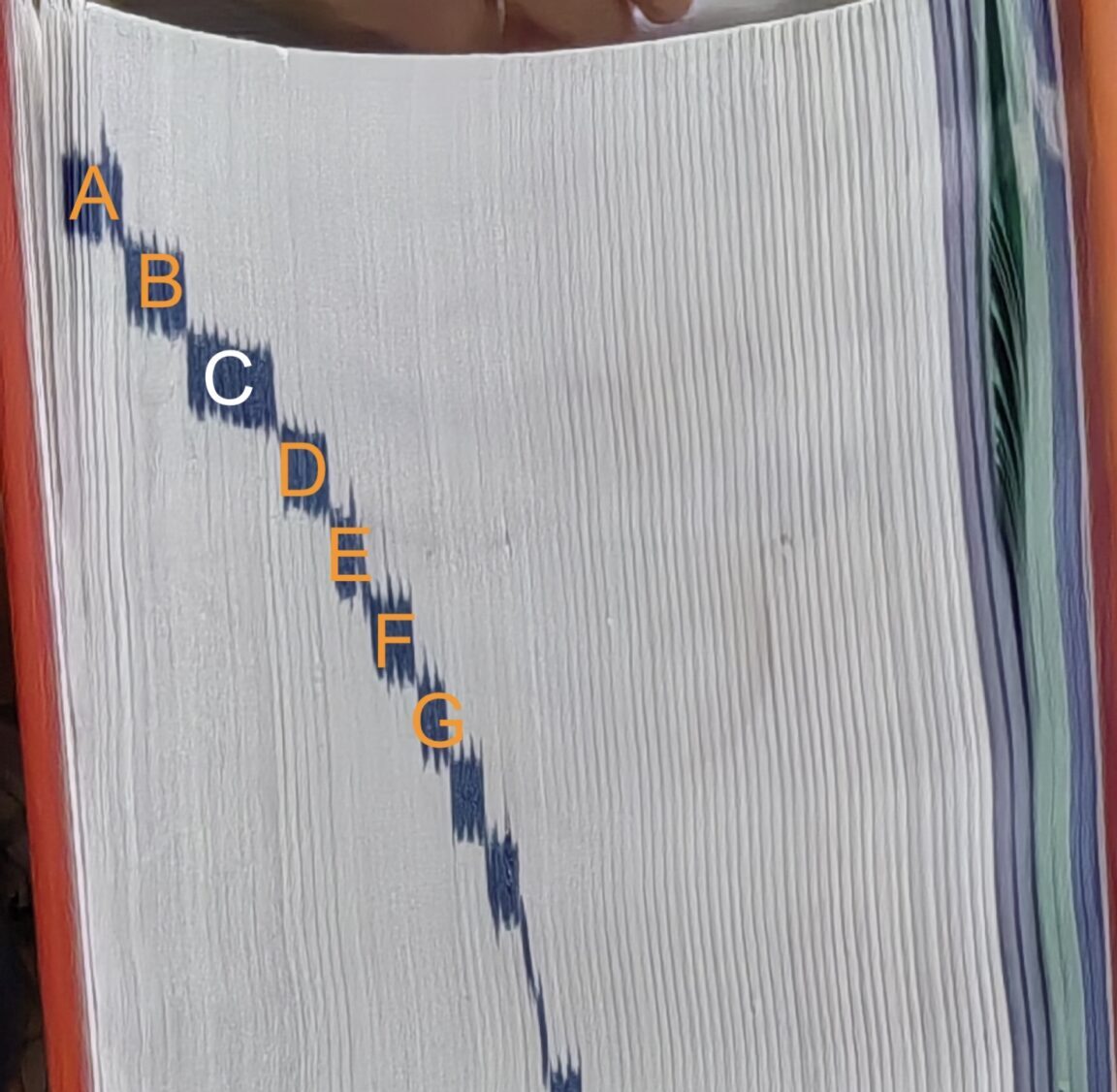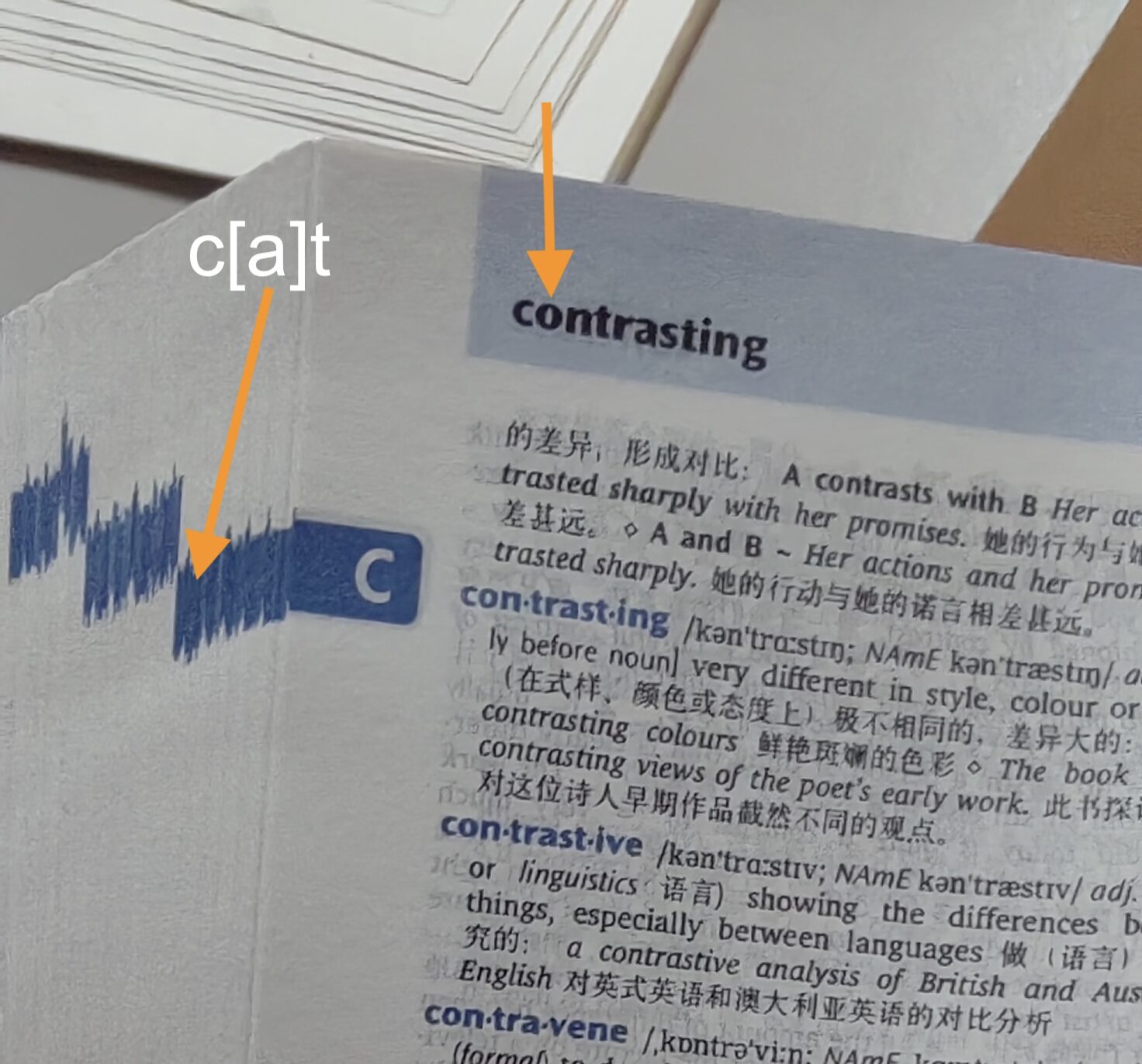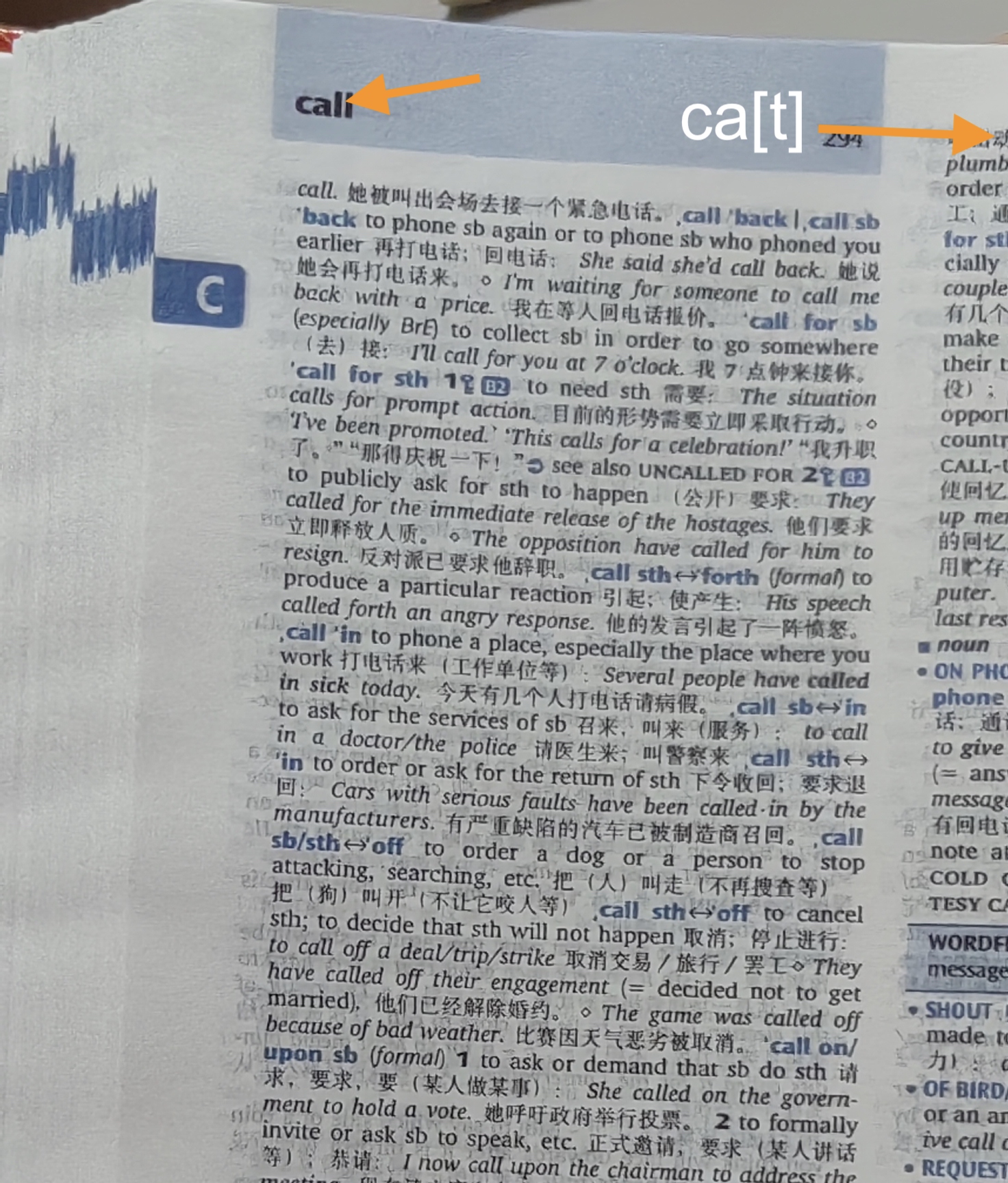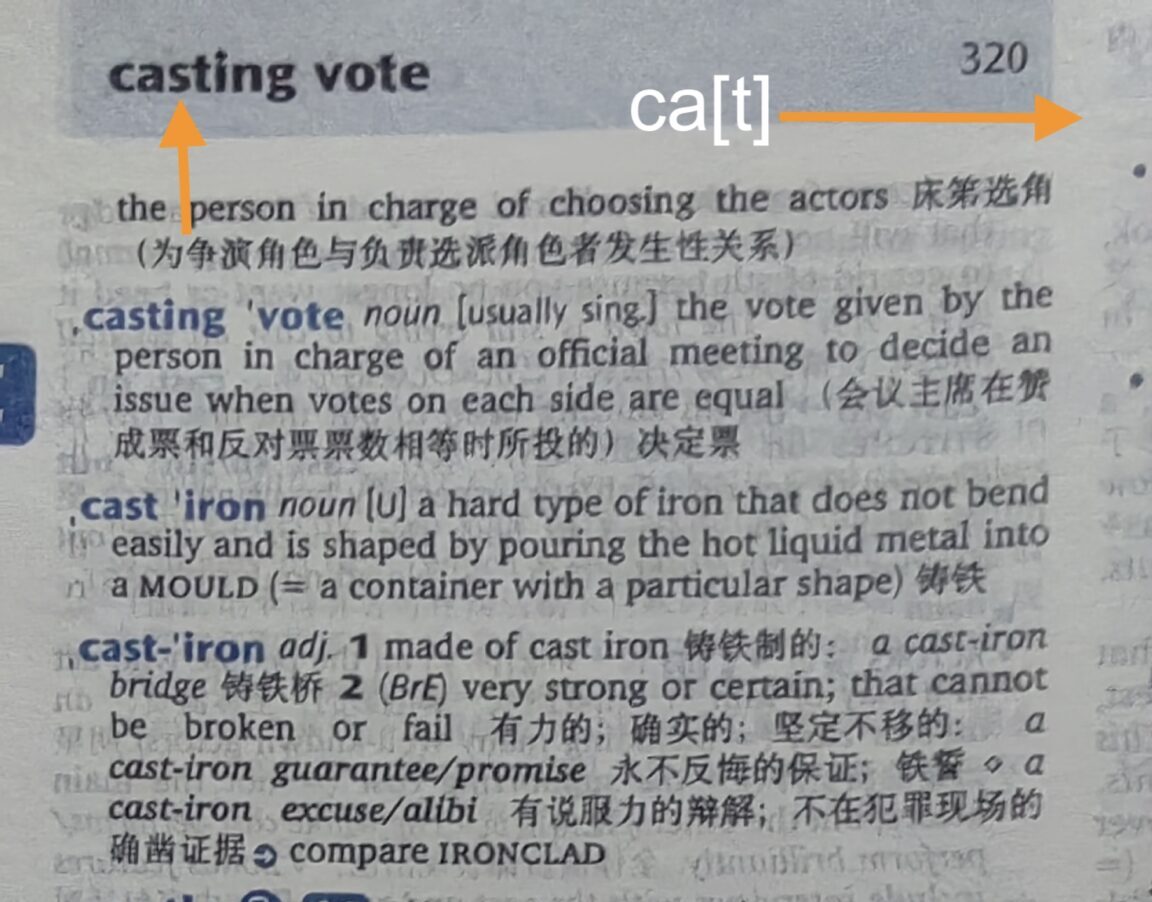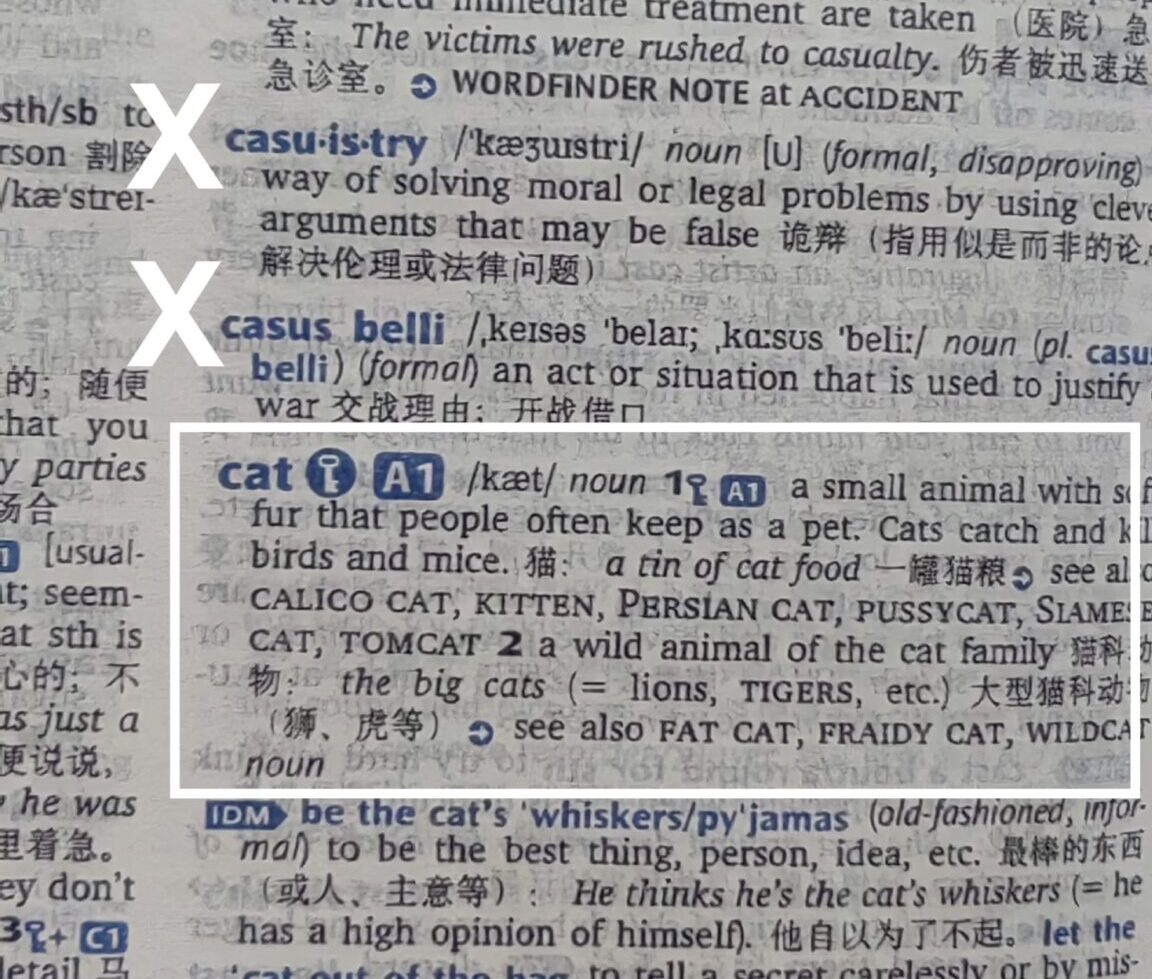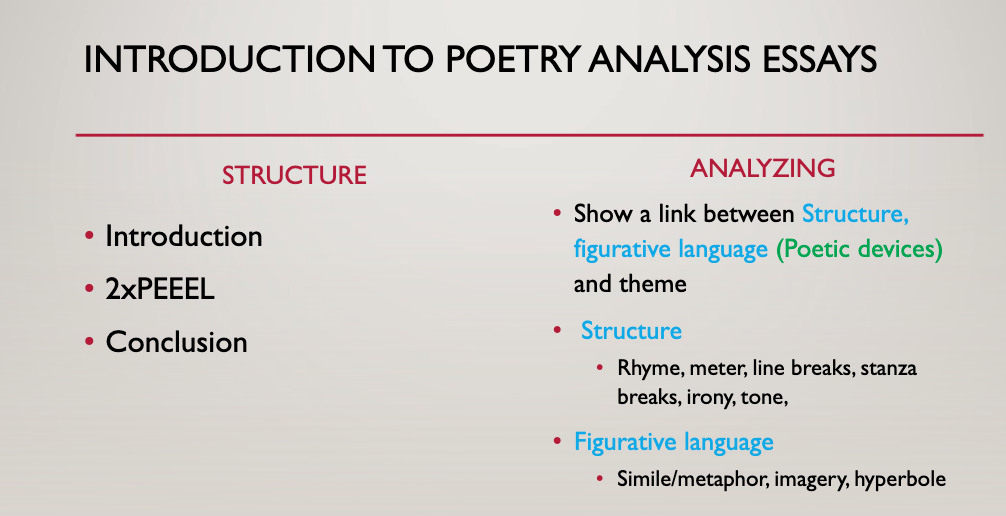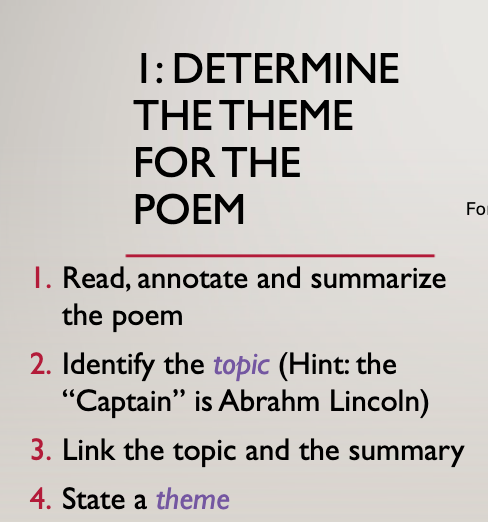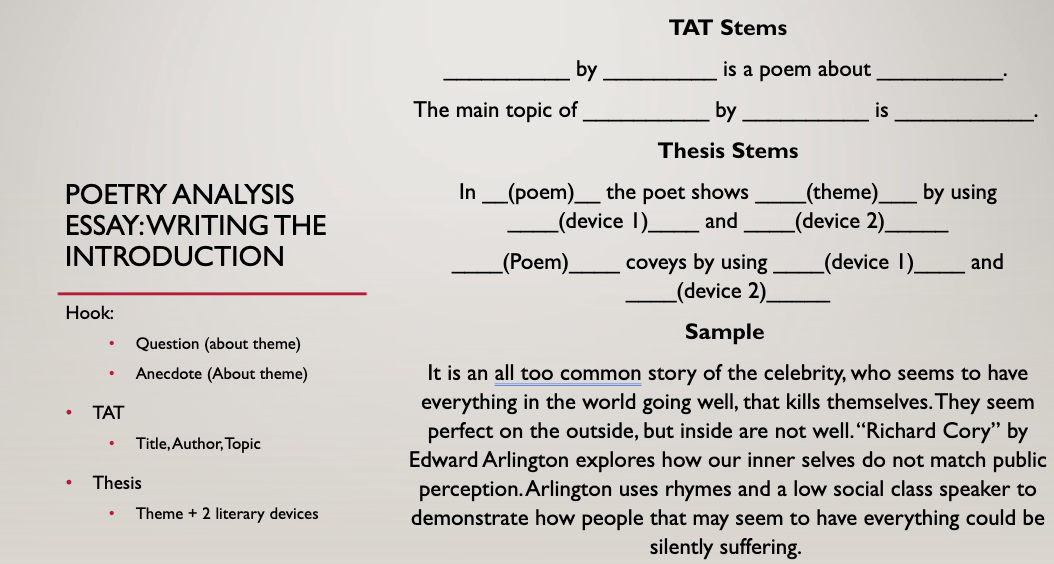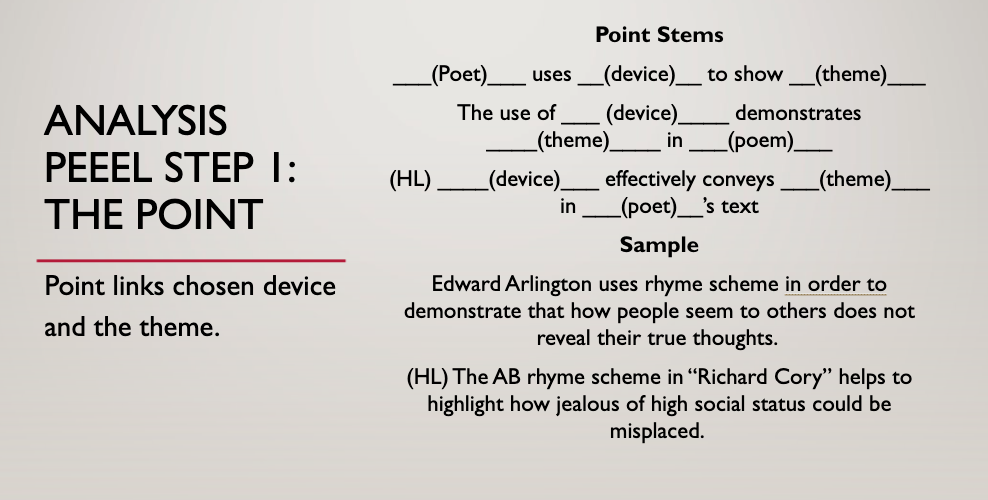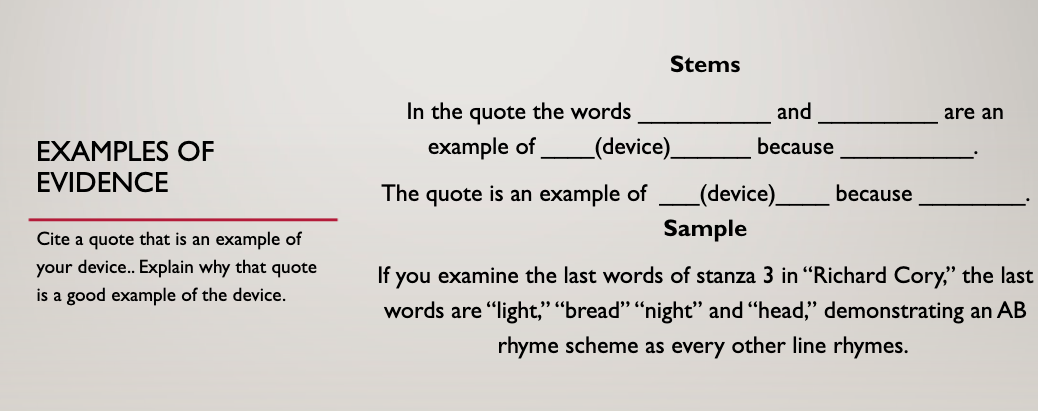ref – https://www.englishwithashish.com/adverbials-masterclass/#google_vignette
What is an adverbial clause?
An adverbial clause is a dependent clause that functions as an adverb in a sentence.
Adverbial clauses start with a subordinating conjunction (because, when, if, although, etc.).
Ex: I [ate] the whole cake because I was hungry.
Adverbial Clauses vs Relative/Noun Clauses
Thus, note that adverbial clauses do not start with relative pronouns. They start with subordinating conjunctions.
Relative pronouns introduce relative (adjective) clauses (a type of dependent clause that acts like an adjective).
Examples include: who, whom, whose, which, that.
Subordinating conjunctions: These introduce adverbial clauses (dependent clauses that act like adverbs).
Examples include:
- that
- because
- since
- although
- if
- when
- while
- before
- after
- as
Adverbial Clause functionality
They modify:
- verbs (most used) – He arrived after the party started.
- adjectives – She was so happy that she cried.
- adverbs – They spoke more quietly when the teacher entered the room.
All adverbial clauses are dependent clauses. The other clauses included in dependent clauses are noun clauses, and relative (adjective) clauses.
An adverbial clause contains a subject and a verb
They answer questions like how, why, when, where, to what extent. In other words, it gives more information about the:
- time
- place
- condition
- reason
- manner
- purpose of the action
Adverbial Clause format and usage
subordinate conjunction + clause
Adverbial clause of time:
[He drinks coffee] before he leaves his house.
*modifies verb drinks.
Adverbial clause of time:
[We’ll be sitting in the conference room] until they tell us to leave.
* modifies main verb sitting.
Adverbial clause of manner:
As dollar signs flashed in his eyes, [my brother agreed to the deal].
*modifies verb agreed.
Adverbial clause of manner:
[She addressed the crowd] as she had practiced in the mirror.
*modifies verb addressed.
Adverbial clause of manner:
[José], as he tried to contain his excitement, [waited for her response].
*modifies waited.
Adverbial clause of place:
[My son told me another fight broke out] where he eats lunch.
*modifies verb broke out.
Adverbial clause of place:
[They drove] beyond where the city ends.
*modifies drove.
Adverbial clause of concession:
Whether my friend likes it or not, [we’re going on the roller coaster].
* modifies entire clause ‘We’re going on the roller’.
Adverbial clause of reason:
[We adopted these two cats] because they are cute.
* modifies verb adopted. The reason why you ‘adopted’ was because they are cute.
Adverbial clause of reason:
[He is amazing at soccer] because he spent his youth at the AYSO..
*modifies amazing.
Adverbial clause of reason:
[I took out the trash] because it stunk.
*modifies verb took out.
Adverbial clause of result:
[It was dark], so Nina lit a candle.
*modifies the main clause It was dark.
Important! Because ‘so’ is an coordinating conjunction (fanboy), we need to follow its rules.
we need to put a comma before any coordinating conjunction. This goes for and, but, yet, or, either, and for as well. (fanboy)
Adverbial clauses of manner (as, as if, as though, like):
He [sings] as if he were a professional. (manner)
The adverbial clause modifies the verb “sings” by describing how he sings.
He [talks] as if he knows everything. (Compares his manner of speaking to someone who knows everything)
She [dances] as though she’s floating on air. (Describes her manner graceful way of dancing)
He [talks] as if he’s an expert. (This describes the manner that he talks, as if he were an expert.)
It [looks] as though it might rain. This compares the manner of the weather to the appearance of impending rain.
A word on ‘like’
Note that like can be used as a conjunction.
Usually, we use ‘like’ as preposition:
“She looks [like] her mother.” Here it’s NOT introducing a clause with a subject and verb.
When used as part of an Adverbial clause, it is used as a conjunction:
The cake tastes [like] [it(s) has(v) almonds in it]. (Adverbial clause of manner, modifying “tastes”)
He talks [like] [he(s) knows(v) everything]. (Adverbial clause of manner, modifying “talks”)
He spends money [like] [he(s) is(v) a millionaire]. (Adverbial clause of manner, modifying “spends”)
“Like” as a Preposition
Role: It compares two nouns or pronouns, showing similarity.
ex: She looks like her mother. (comparing two nouns)
Structure: It’s followed by a noun or pronoun (the object of the preposition). It doesn’t introduce a clause with a subject and verb.
Examples:
I enjoy fruits [like] [apples and oranges]. (the two fruit nouns follows ‘like’)
“Like” as a Conjunction (Informal)
Role: It introduces a dependent clause that shows a comparison or manner. This clause has its own subject and verb.
Structure: It’s followed by a subject and verb, forming a clause.
Examples:
He acts [like] [he(s) is(v) the boss].
It sounds [like] [it(s) is(v) going to rain].
Adverbial clauses of place (where, anywhere, everywhere):
Where the river flows, the land is fertile. (The clause describes the location of fertile land.)
Wherever you go, I will follow. (The clause expresses an action that happens regardless of the location.)
You can sit anywhere you like. (The clause indicates freedom of choice in seating location.)
Everywhere I look, I see signs of autumn. (The clause emphasizes the pervasiveness of autumnal signs.)
Adverbial clauses of condition (if, unless, provided, as long as, in case, on condition that):
if: This is the most common conjunction for conditional clauses. It expresses a possibility.
Example: If it rains, we’ll stay inside.
If you study hard, you will [pass] the exam. (condition)
The adverbial clause modifies the verb phrase “will pass” by stating the condition required to pass.
unless: This means “if not” or “except if.”
Example: We’ll go to the beach unless it’s too cold.
provided (that): This expresses a condition that must be met for the main clause to be true.
Example: You can borrow my car provided that you return it by tomorrow.
as long as: Similar to “provided that,” it sets a condition that needs to be fulfilled.
Example: You can stay here as long as you like.
in case: This expresses a condition that might happen, and the main clause describes what to do if it does.
Example: Take an umbrella in case it rains.
whether…or: This presents two alternative conditions.
Example: Whether you like it or not, you have to go to school.
Adverbial clauses of Cause and Effect – one event (the cause) directly leads to another event (the effect).
Because:
We stayed indoors [because] it was raining.
[Because] it was raining, we stayed indoors.
Since:
You may have a cookie [since] you asked nicely.
[Since] you asked nicely, you may have a cookie.
So that:
We set an alarm [so that] we wouldn’t oversleep.
[So that] we wouldn’t oversleep, we set an alarm.
As:
[As] everyone expected, the traffic was terrible on Friday.
The traffic was terrible on Friday [as] everyone expected.
Unless:
[Unless] you practice, you will never get better.
You will never get better [unless] you practice.
Adverbial clauses of reason – An explanation for why something happened or why someone did something.
Because she was tired, she [went] to bed early. (reason)
* The adverbial clause modifies the verb phrase “went to bed” by explaining why she went to bed early.
Since it was raining, we [decided] to stay indoors.
* modifies ‘decided to stay’. It explains the reason they ‘decided’ to stay in doors.
Seeing that the weather was nice, they [decided] to have a picnic.
* modifies ‘decided to have’
Note that it’s introduced by “Seeing that”, which acts as a conjunction to connect the adverbial clause to the main clause:
seeing (that) / considering (that): These phrases introduce a reason or cause. “Seeing” and “considering” are present participles.
Example: Seeing that it’s late, we should go home.
Example: Considering that she’s new to the city, she’s doing quite well.
Adverbial clauses of time
Adverbial clauses of purpose (so that, in order that, in order to, so as to, in case, lest)
She [studied] hard so that she could pass the exam.
They [woke] up early in order to catch the first train.
I’ll [leave] a note in case he forgets.
Adverbial clauses of comparison (of degree and manner)
Adverbial clause of concession
Although it was raining, they [decided] to go for a walk. (concession)
The adverbial clause modifies the verb phrase “decided” by a concede. I admit that it is raining, but I still went for a walk.
Each type communicates different information, but every type is a group of words that functions as an adverb.
Adverbial Clause modifying Adverbs
-
She spoke so softly [that I could barely hear her].
Adverbial clause: that I could barely hear her
Modified adverb: softly
-
He drives more carefully [when it’s raining]
Adverbial clause: when it’s raining
Modified adverb: carefully
-
They arrived earlier [than we expected].
Adverbial clause: than we expected (them to arrive) – This is an elliptical clause with some words implied.
Modified adverb: earlier
-
I completed the task more quickly [than my brother did].
Adverbial clause: than my brother did (complete the task) – Another elliptical clause.
Modified adverb: quickly
-
She sings more beautifully [when she’s on stage].
Adverbial clause: when she’s on stage
Modified adverb: beautifully
Adverbial Clause modifying Adjectives
The water was so cold [that my teeth started chattering].
(The adverbial clause “that my teeth started chattering” modifies the adjective “cold,” emphasizing how cold the water was.)
She was so tired [that she fell asleep on the couch].
(The adverbial clause “that she fell asleep on the couch” modifies the adjective “tired,” showing the extent of her tiredness.)
The box was heavier [than I expected].
(The adverbial clause “than I expected” modifies the adjective “heavier,” indicating the degree of heaviness.)
He was more excited about the trip [than his sister was]. (The adverbial clause “than his sister was” modifies the adjective “excited,” comparing his excitement to his sister’s.)
The movie was as scary [as I had heard]. (The adverbial clause “as I had heard” modifies the adjective “scary,” confirming the level of scariness.)
